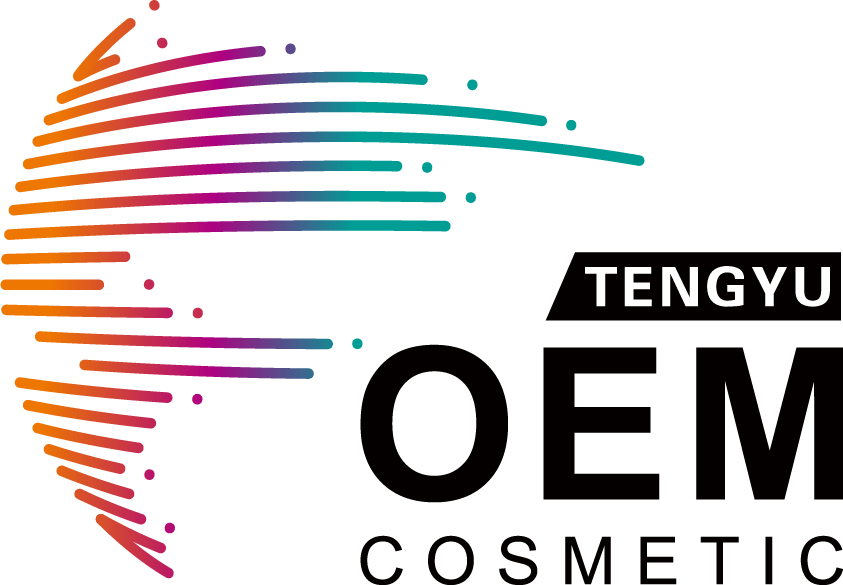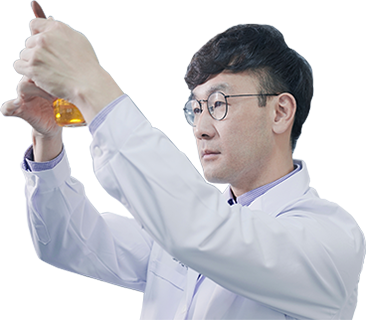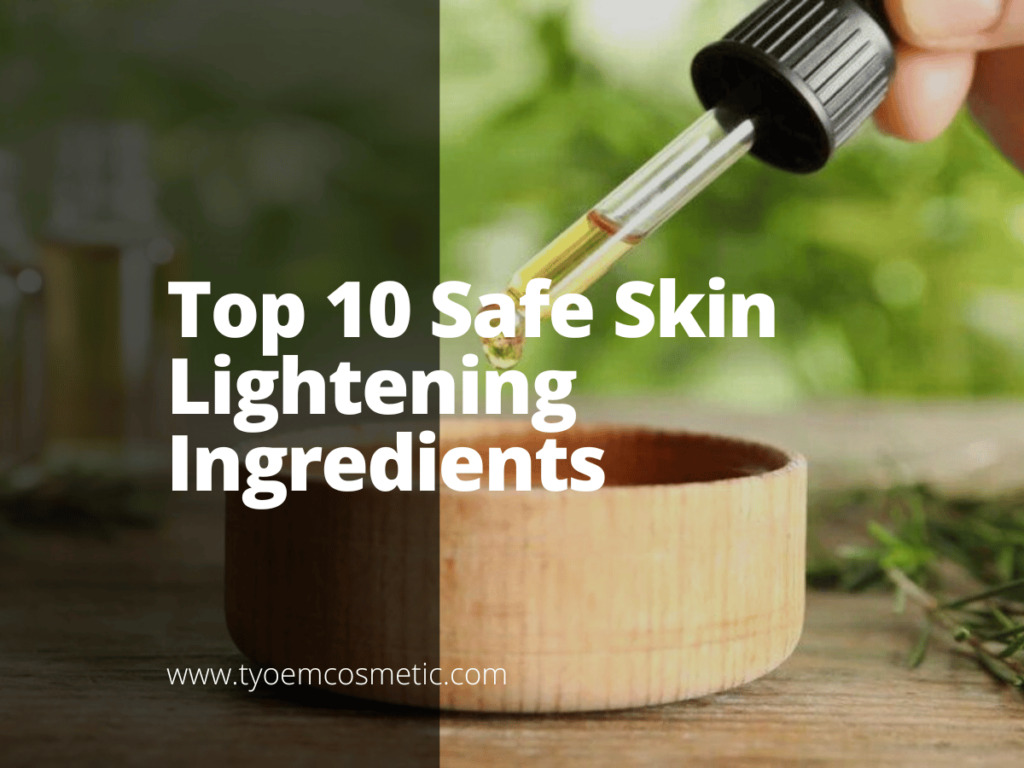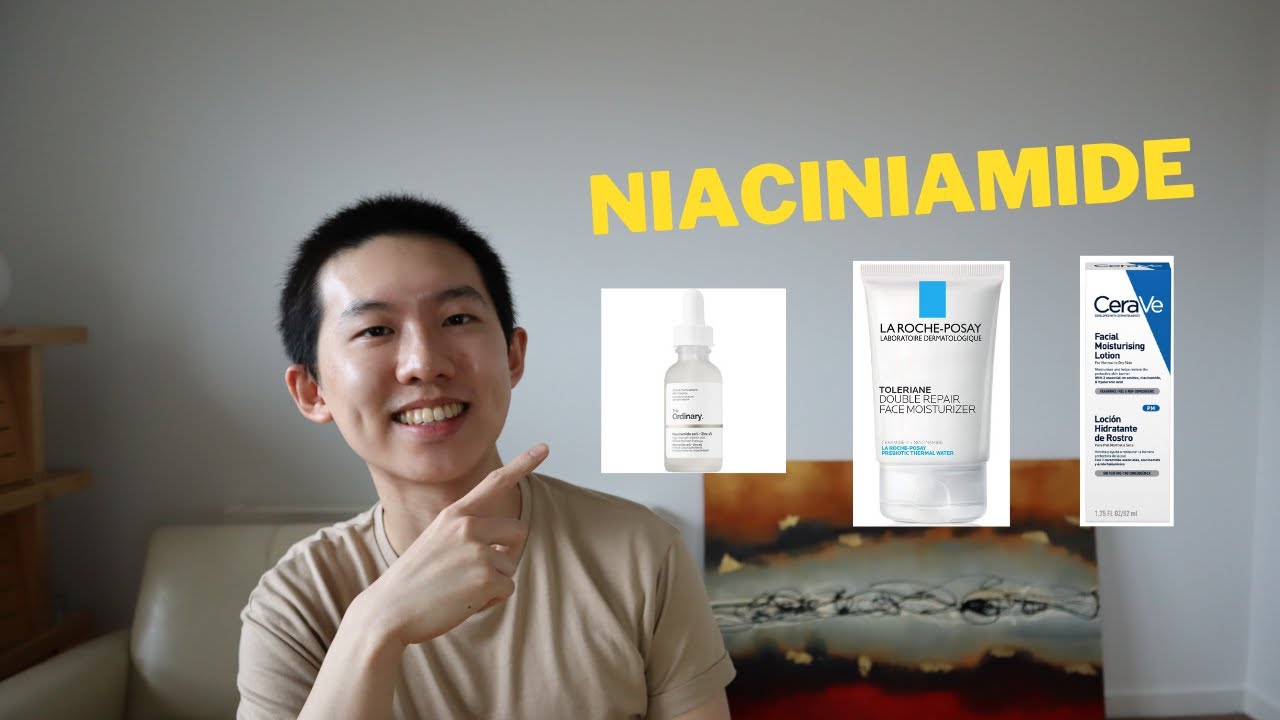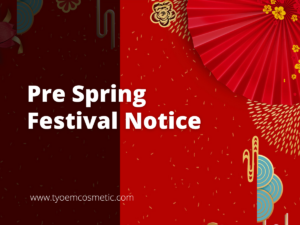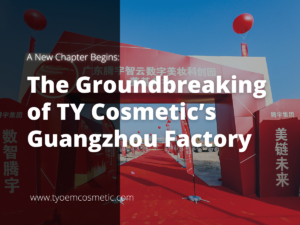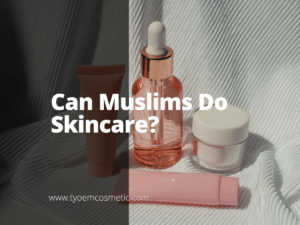Are you seeking to improve your skincare brand with effective and safe skin lighting ingredients? Understanding the right ingredients can be the key to a new level of product excellence.
With extensive experience in the cosmetic industry, we specialize in delivering insights that blend safety with efficacy. Our expertise lies in navigating the world of skincare ingredients, ensuring that you receive information that is both reliable and practical.
Here’s a sneak peek at 2 of the top ingredients that work in the skin lightening sector:
- Vitamin C
- Arbutin
In this guide, we’ll delve deeper into the top 10 ingredients that are a must-have in your product line-up in the field of safe skin lightening.
Keep reading to unlock the full potential of your skincare range.
1. Vitamin C
Vitamin C is an active ingredient in skin lightening, renowned for its ability to brighten skin tone. Its antioxidant properties also protect the skin, making it a popular choice in skincare formulations.
Benefits of Vitamin C
- Antioxidant Protection: Vitamin C safeguards the skin from free radicals, which are unstable molecules that can cause premature aging. This protection is vital for maintaining a youthful and radiant complexion.
- Skin Brightening: One of the most celebrated benefits of vitamin C is its ability to visibly brighten and lighten the skin. It works by slowing melanin production, leading to a more even skin tone.
- Collagen Synthesis: Vitamin C plays a crucial role in collagen synthesis. This is essential for skin elasticity and firmness, helping to reduce the appearance of fine lines and wrinkles.
- Anti-Inflammatory Properties: Besides its lightening abilities, vitamin C possesses anti-inflammatory qualities. It can help in reducing redness and swelling, making it ideal for sensitive skin types.
Formulation Tips
- Stability in Formulations: Vitamin C is notably unstable, especially in the presence of light and air. Utilizing stabilized forms, like ascorbyl palmitate or magnesium ascorbyl phosphate, can enhance product shelf-life.
- Optimal pH Levels: The efficacy of vitamin C is pH-dependent. Formulating at a pH below 3.5 helps in maintaining its potency but can increase skin irritation. A balance is key for effectiveness and comfort.
- Sunscreen Integration: While vitamin C provides some UV protection, it is not a substitute for sunscreen. Incorporating it into formulations with SPF can provide an added layer of defense against sun-induced damage and pigmentation.
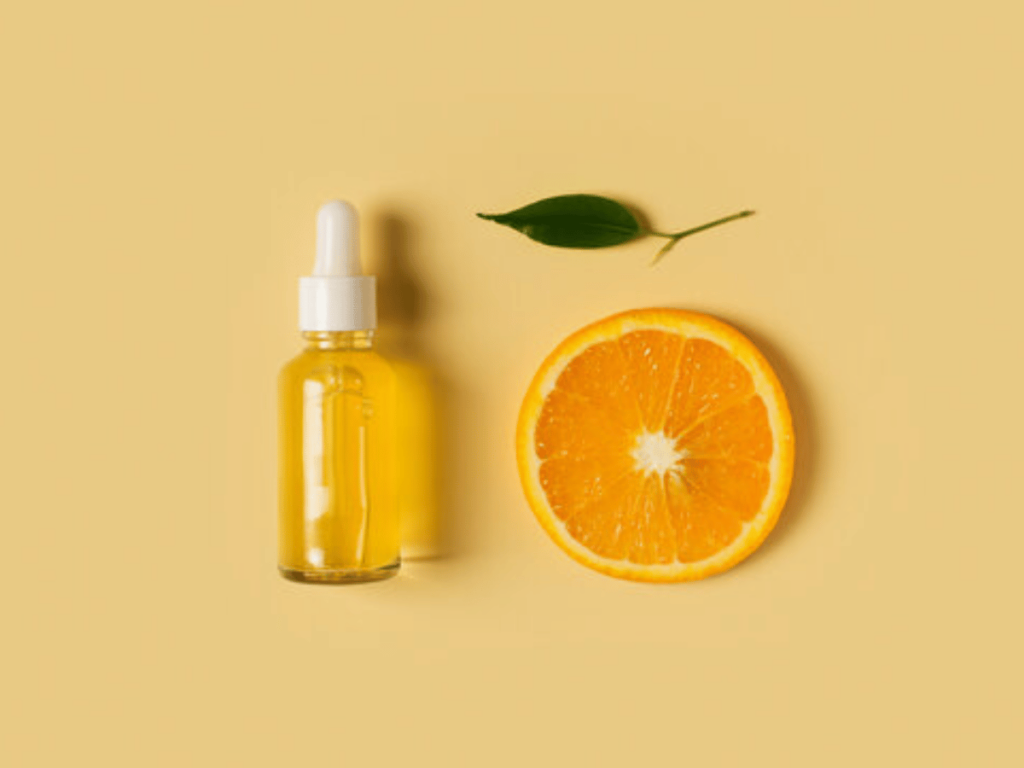
2. Arbutin
Arbutin is a derived compound found in several plants, celebrated for its skin lightening properties. It works by gradually inhibiting melanin production, making it a safe alternative to harsher skin lightening agents.
Benefits of Arbutin
- Melanin Inhibition: Arbutin is known for its ability to inhibit tyrosinase, an enzyme crucial for melanin production. This results in the reduction of dark spots and hyperpigmentation, leading to a more uniform skin tone.
- Gentle on Skin: According to City Skin Clinic, unlike other skin lightening ingredients, arbutin is gentle on the skin. This makes it suitable for those with sensitive skin, minimizing the risk of irritation commonly associated with harsher agents.
- Antioxidant Properties: Arbutin also possesses antioxidant properties, which help in protecting the skin from free radical damage. This contributes to overall skin health and aids in preventing premature aging.
- Gradual Effectiveness: The effects of Arbutin are gradual and cumulative, ensuring a natural lightening process. This slow and steady approach helps in achieving long-lasting results without sudden changes to the skin’s appearance.
Formulation Tips
- Concentration Levels: The effectiveness of Arbutin is concentration-dependent. For example, a formulation containing 1% to 2% Arbutin is generally effective, while ensuring it remains safe and non-irritating to the skin.
- Stability in Formulations: Arbutin can degrade in the presence of high pH levels or when exposed to light. Formulating in a stable, pH-balanced environment and packaging in hazy containers can preserve its efficacy.
- Hydration Complement: Incorporating hydrating ingredients like hyaluronic acid or glycerin can aid in enhancing the skin’s receptiveness to Arbutin. This ensures the active ingredients penetrate effectively, maximizing the lighting benefits.
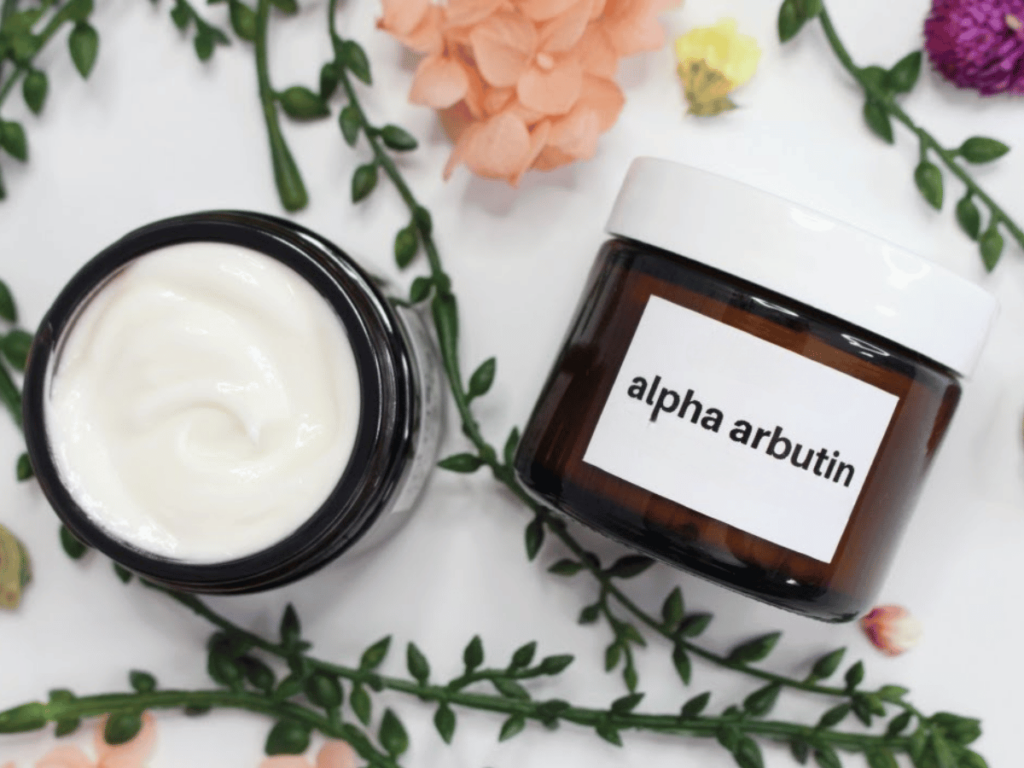
3. Kojic Acid
Kojic Acid is derived from fungi and renowned for its skin lightening and pigmentation reducing properties. It works by inhibiting the production of melanin, offering a safer alternative for achieving a more even skin tone.
Benefits of Kojic Acid
- Pigmentation Reduction: Kojic acid effectively reduces the appearance of dark spots and hyperpigmentation by inhibiting tyrosinase, an enzyme involved in melanin production. This results in a more even skin tone, making it highly sought after in skin lightening treatments.
- Antifungal and Antibacterial Properties: Beyond skin lightening, kojic acid possesses antifungal and antibacterial properties. These qualities make it useful in treating skin conditions and preventing acne, thereby enhancing overall skin health.
- Anti-Aging Benefits: By reducing dark spots and evening out the skin tone, kojic acid also contributes to a more youthful appearance. Its ability to diminish the signs of sun damage and age spots makes it a valuable ingredient in anti-aging skincare.
- Complementary to Other Ingredients: Kojic acid works synergistically with other skin lightening agents like hydroquinone and glycolic acid. This enhances the overall effectiveness of skincare products aimed at reducing pigmentation.
Formulation Tips
- Optimal pH Levels: Formulating kojic acid products at an acidic pH level enhances its stability and effectiveness. However, care should be taken to balance the pH to avoid skin irritation.
- Combination with Sunscreen: Since kojic acid can make the skin more sensitive to the sun, combining it with sunscreen ingredients in formulations is advisable. This helps protect the skin from UV-induced pigmentation while treating existing spots.
- Concentration Balance: The concentration of kojic acid in products is crucial for efficacy and safety. A concentration of 1-2% is generally effective, providing skin lightening benefits while minimizing potential irritation. TY Cosmetic formulates their products within this range to balance safety and effectiveness.
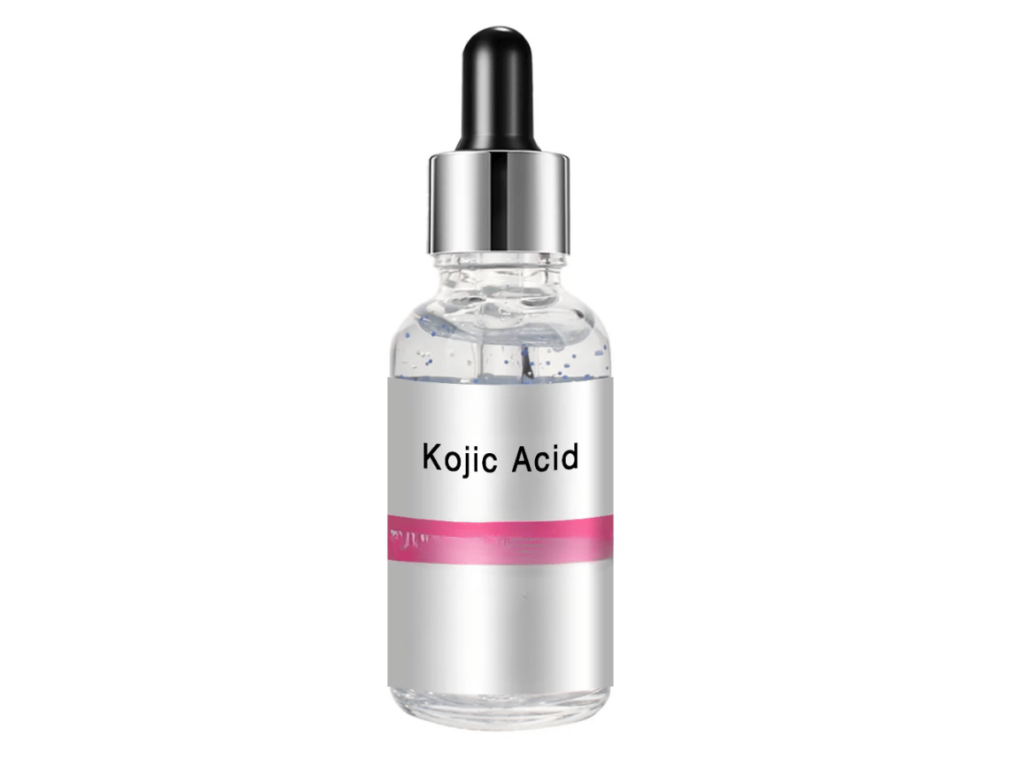
4. Niacinamide
Niacinamide is a versatile skincare ingredient renowned for its skin lightening and restorative properties. It works by reducing melanin transfer to the skin’s surface and improving the skin barrier function.
Benefits of Niacinamide
- Reduces Hyperpigmentation: Niacinamide is effective in diminishing the appearance of dark spots and uneven skin tone by slowing the transfer of melanin to the skin’s outer layer. This results in a more balanced and radiant complexion.
- Strengthens Skin Barrier: Besides its lightening effects, Niacinamide plays a crucial role in reinforcing the skin’s barrier. This enhancement in barrier function helps retain moisture and protect against environmental damage.
- Regulates Oil Production: It is particularly beneficial for oily and acne-prone skin as it regulates sebum production. This not only helps in reducing acne but also leads to a more balanced and less shiny complexion.
- Anti-Inflammatory Properties: Niacinamide possesses anti-inflammatory qualities, making it suitable for sensitive skin. It helps in calming redness and inflammation, providing relief from skin irritations and conditions like rosacea.
Formulation Tips
- Concentration Considerations: According to Viegano, the concentration of niacinamide in skincare products typically ranges between 2% to 10%. Higher concentrations can offer more pronounced benefits but might not be suitable for all skin types.
- pH Stability: Niacinamide is stable across a wide range of pH levels, making it a versatile ingredient in various skincare formulations. This stability allows for easy incorporation into products without concerns of degradation.
- Avoiding Incompatibilities: While Niacinamide is generally compatible with many ingredients, it should be formulated carefully when combined with Vitamin C. In certain conditions, they can interact and reduce the effectiveness of each other.
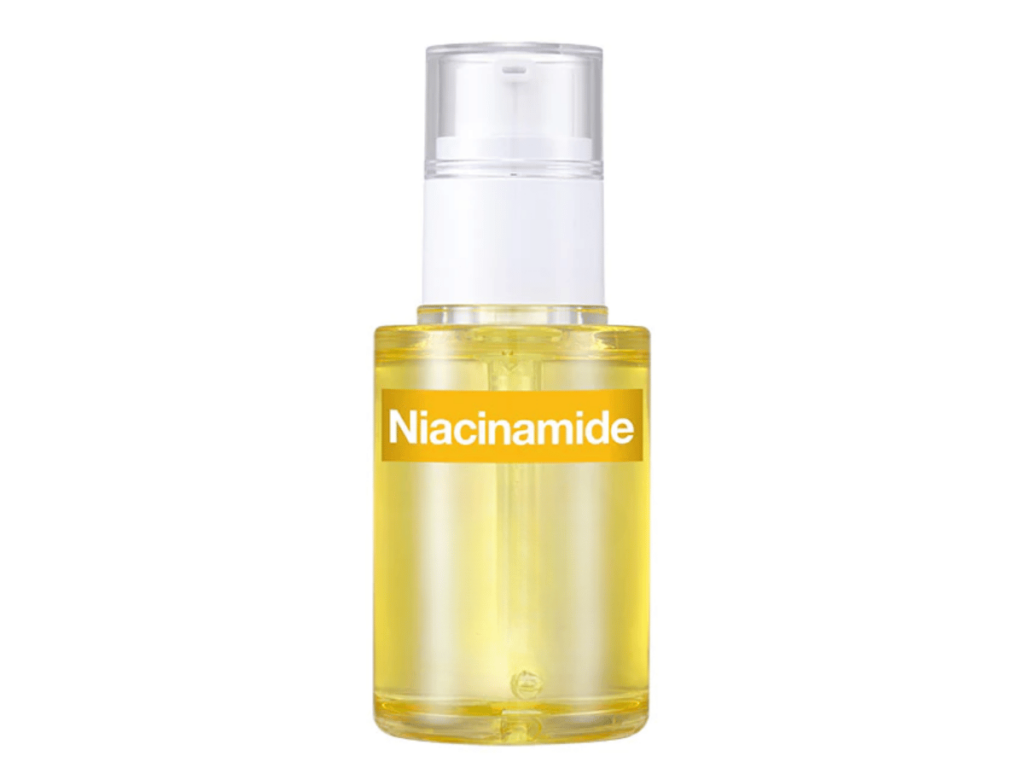
5. Licorice Extract
Licorice Extract, derived from the root of Glycyrrhiza glabra, is celebrated in skincare for its potent skin soothing properties. It contains compounds that diminish hyperpigmentation and enhance skin radiance.
Benefits of Licorice Extract
- Lightens Hyperpigmentation: Licorice Extract contains glabridin, a component that inhibits pigment-producing enzymes. This effectively reduces dark spots and evens out skin tone, making it an ideal ingredient for attacking hyperpigmentation.
- Soothes Skin Irritation: The extract is known for its anti-inflammatory and soothing properties. It helps in calming redness, itching, and swelling, making it beneficial for sensitive and irritated skin conditions.
- Antioxidant Properties: Licorice is also rich in antioxidants, which protect the skin from environmental stressors. This contributes to the prevention of premature aging and maintains overall skin health.
- Balances Oil Production: Additionally, Licorice Extract helps in regulating oil production in the skin. This is particularly beneficial for oily and acne-prone skin, contributing to a clearer and more balanced complexion.
Formulation Tips
- Concentration for Effectiveness: The concentration of Licorice Extract in skincare products should be optimized for effectiveness. A concentration of 1-5% is typically effective in delivering its skin lightening and soothing benefits.
- Synergy with Other Ingredients: Combining Licorice Extract with other skin-lightening agents like Vitamin C or Niacinamide can amplify its effects. This combination approach addresses various aspects of skin lightening and health.
- Consideration for All Skin Types: Given its gentle nature, Licorice Extract is suitable for all skin types. However, formulating with additional soothing ingredients like aloe vera or chamomile can enhance its appeal to sensitive skin users.
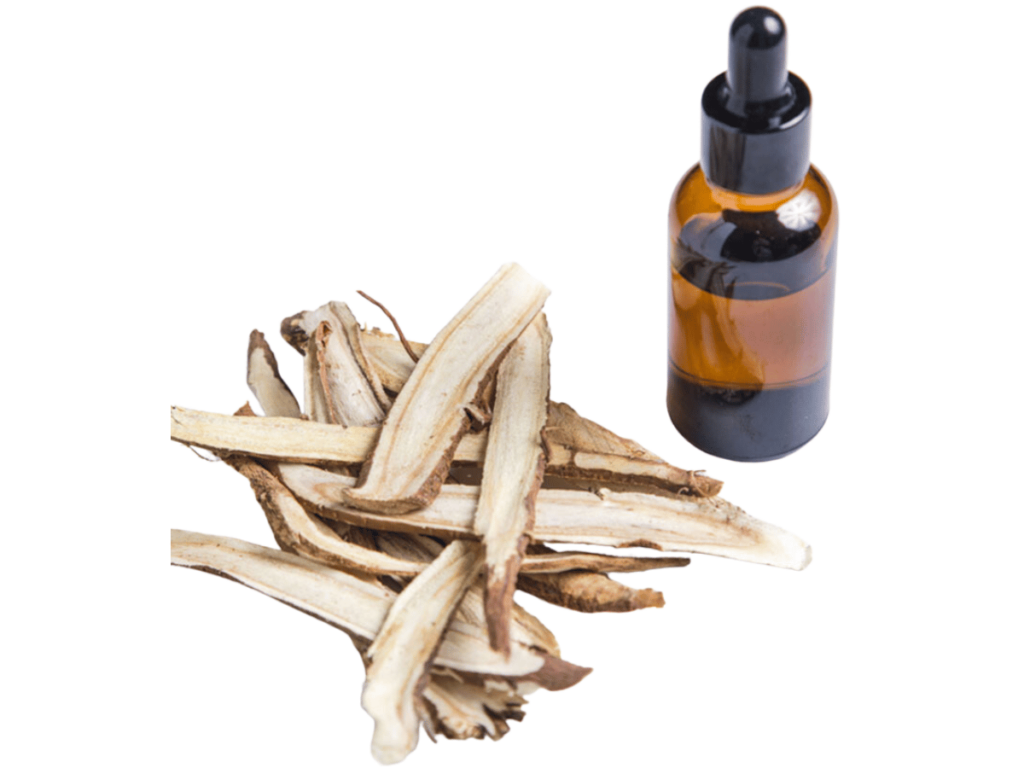
6. Mulberry Extract
Mulberry Extract, derived from the leaves and roots of the mulberry tree, is a natural skin lightening agent. It works by inhibiting tyrosinase, making it an effective ingredient for evening out skin tone.
Benefits of Mulberry Extract
- Inhibits Melanin Production: The primary benefit of mulberry extract is its ability to slow down melanin production in the skin. This results in the reduction of dark spots and hyperpigmentation, leading to a more uniform complexion.
- Antioxidant Properties: Rich in antioxidants, mulberry extract helps in protecting the skin from harmful free radicals and environmental damage. This not only aids in skin lightening but also in preventing signs of aging.
- Soothing Effect: Mulberry extract has natural soothing properties that help in calming irritated and sensitive skin. This makes it an ideal ingredient for skincare products targeting redness and inflammation.
- Enhances Skin Radiance: Regular use of skincare products containing mulberry extract can lead to a brighter and more radiant complexion. It gently exfoliates and rejuvenates the skin, leaving it looking fresh and luminous.
Formulation Tips
- Stability in Formulations: Like many natural extracts, mulberry extract is sensitive to degradation. Incorporating stabilizing agents and using air-tight, light-protective packaging can enhance the shelf life of the products containing it.
- Optimal Concentration: The effectiveness of mulberry extract is dependent on its concentration in the formulation. A concentration range of 2-5% is generally effective for skin lightening purposes without causing irritation.
- pH Consideration: Ensuring that the formulation has an appropriate pH level is crucial for maintaining the efficacy of mulberry extract.A slightly acidic pH is often optimal for such formulations, enhancing both stability and skin compatibility.
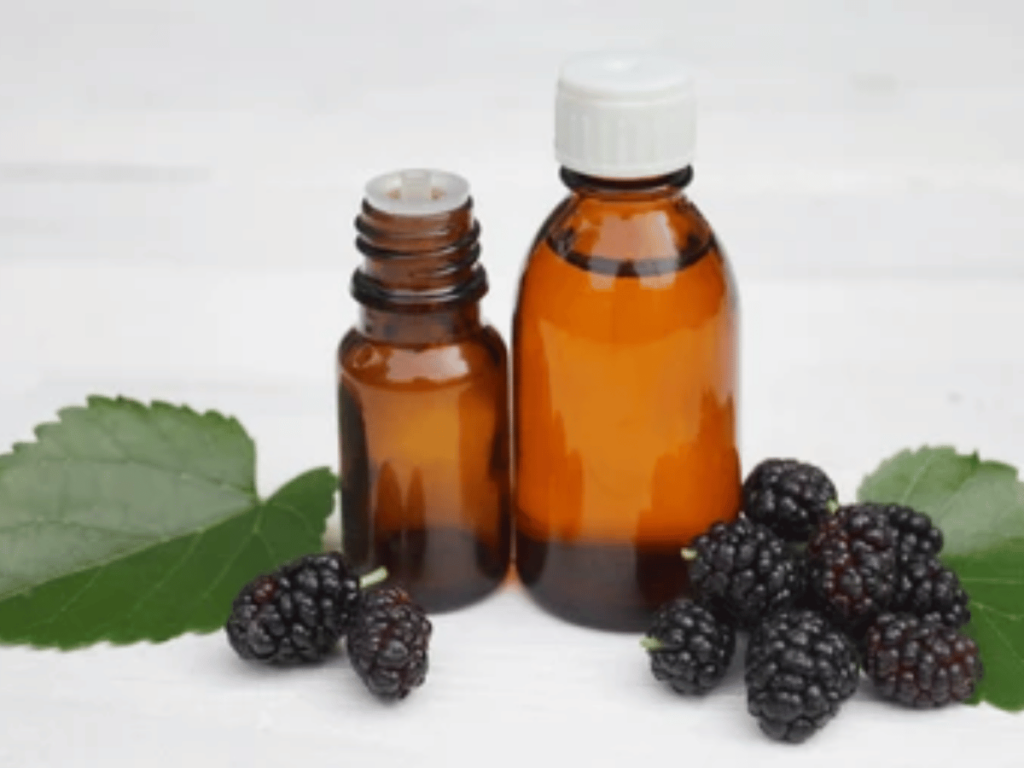
7. Azelaic Acid
Azelaic acid is a multifunctional skincare ingredient known for its effective antimicrobial properties. It targets hyperpigmentation by inhibiting the production of excess melanin, making it the best choice for skin lightening.
Benefits of Azelaic Acid
- Reduces Hyperpigmentation: Azelaic acid is particularly effective in reducing hyperpigmentation, including melasma and post-inflammatory hyperpigmentation. It works by inhibiting the tyrosinase enzyme, which is crucial for melanin production, resulting in a more even skin tone.
- Antimicrobial Properties: Beyond its lightening abilities, azelaic acid possesses antimicrobial properties. This makes it beneficial for treating acne, as it can help reduce bacteria on the skin and clear acne-related blemishes.
- Anti-inflammatory Effects: It is also known for its anti-inflammatory properties, reducing redness and inflammation associated with acne and rosacea. This soothing effect helps in improving the overall appearance and health of the skin.
- Exfoliating Benefits: Azelaic acid aids in skin exfoliation, gently removing dead skin cells. This not only contributes to a brighter complexion but also enhances the effectiveness of other skincare ingredients by improving their absorption.
Formulation Tips
- Concentration for Effectiveness: For over-the-counter skincare products, azelaic acid is often used at concentrations between 10% to 20%. These levels are effective for lightening skin and treating acne while being gentle enough for most skin types.
- pH Level Considerations: While azelaic acid is effective across a range of pH levels, formulating it at a slightly acidic pH can enhance its efficacy and skin compatibility, especially in combination with other active ingredients.
- Complementary Ingredients: Combining azelaic acid with ingredients like niacinamide and hyaluronic acid can enhance its lightening and soothing effects. This approach allows for targeting multiple skin concerns in a single formulation.
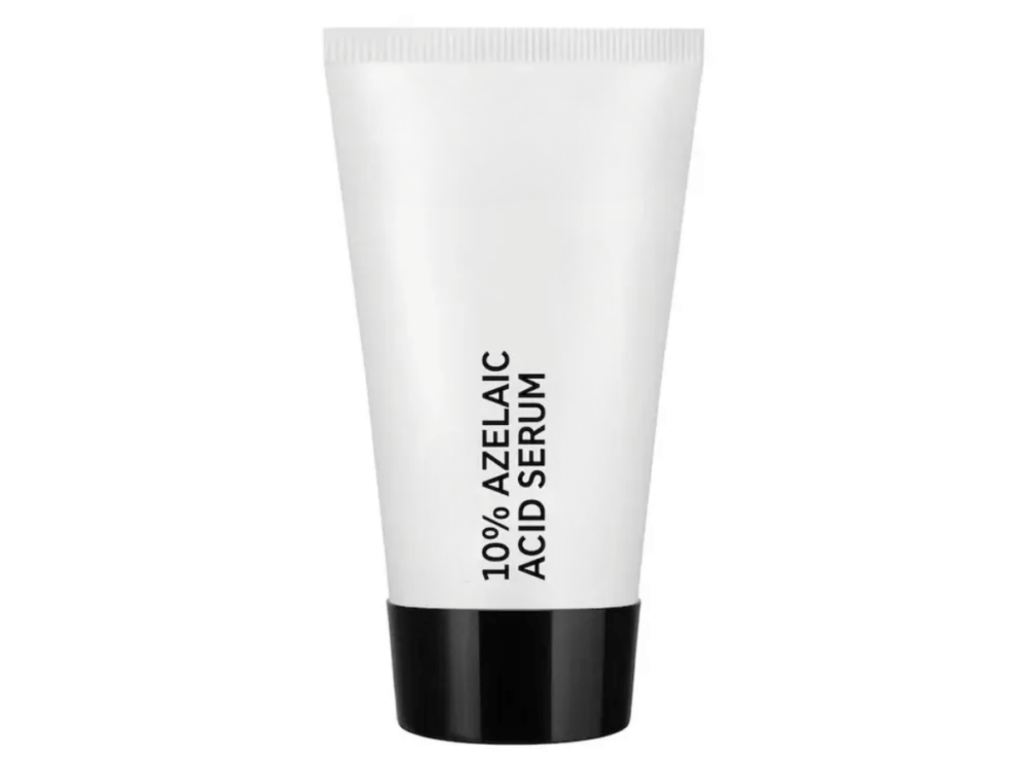
8. Glutathione
Glutathione is increasingly popular in skincare for its skin lightening and detoxifying properties. It reduces melanin production and combats oxidative stress, contributing to a brighter and more even complexion.
Benefits of Glutathione
- Reduces Melanin Production: Glutathione lightens the skin by inhibiting the production of melanin. This reduction in melanin leads to a decrease in dark spots and hyperpigmentation, promoting a more uniform skin tone.
- Powerful Antioxidant: As a strong antioxidant, glutathione protects the skin from free radicals and environmental toxins. This protection helps in preventing premature aging and maintaining overall skin health.
- Detoxifies the Skin: It plays a crucial role in detoxifying the skin, aiding in the removal of harmful toxins. This detoxification process contributes to clearer, healthier skin and enhances its natural glow.
- Improves Skin Elasticity: Regular use of glutathione can improve skin elasticity and reduce the appearance of wrinkles. Its anti-aging properties make it a valuable ingredient in rejuvenating skincare formulations.
| Benefit | Description |
| Improves Skin Elasticity | Regular use of glutathione enhances skin’s elasticity, resulting in firmer and more supple skin. |
| Reduces Wrinkle Appearance | Glutathione’s anti-aging properties help diminish the appearance of fine lines and wrinkles. |
| Rejuvenating Effect | It contributes to rejuvenating skincare formulations, promoting a youthful and radiant complexion. |
| Antioxidant Protection | Glutathione’s antioxidant properties protect skin from oxidative damage, preventing premature aging. |
| Skin Brightening | Additionally, glutathione can promote a brighter and more even skin tone, reducing hyperpigmentation. |
Formulation Tips
- Stability and Absorption: Glutathione is sensitive to light and air, which can affect its stability. Using stabilizers and encapsulation techniques can enhance its stability and absorption in skincare formulations. TY Cosmetic employs such techniques in their products to ensure the efficacy of glutathione is maintained.
- Effective Concentrations: The effectiveness of glutathione in skin lightening is concentration-dependent. Formulations typically contain 2-5% Glutathione to achieve noticeable results without causing irritation.
- Synergistic Combinations: Pairing Glutathione with Vitamin C or other antioxidants can boost its skin lightening and protective effects. This combination allows for a comprehensive approach to skin health and radiance.
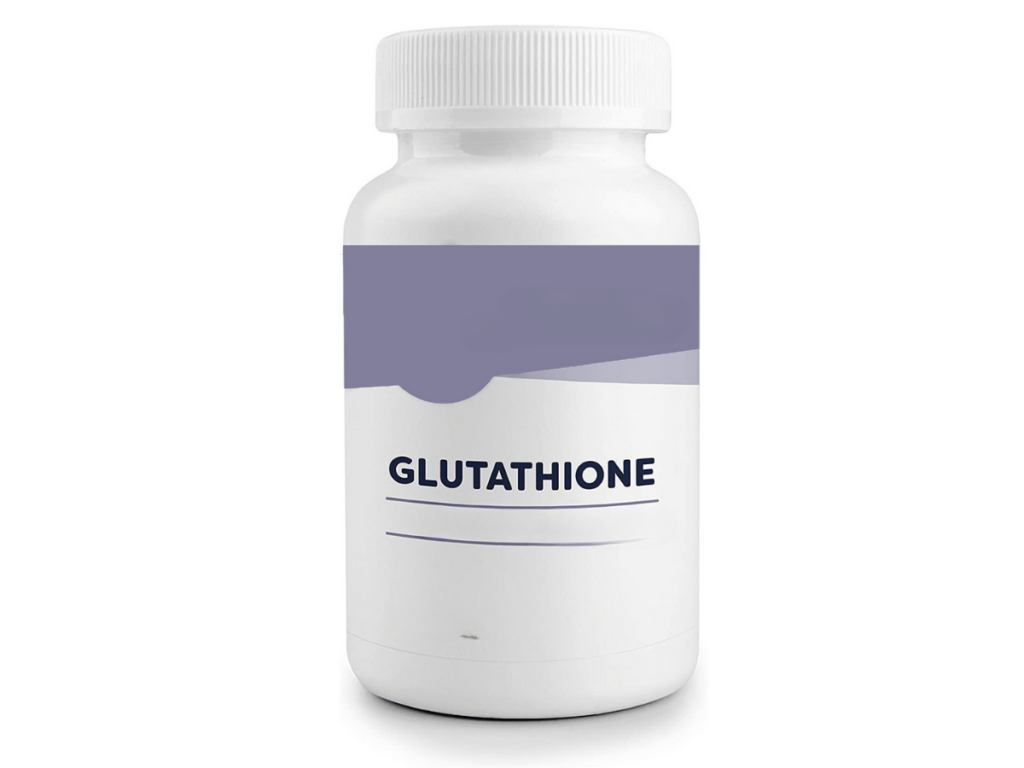
9. Glycolic Acid
Glycolic Acid is renowned for its exfoliating and skin rejuvenating qualities. It effectively removes dead skin cells, promoting a brighter complexion and aiding in the reduction of pigmentation.
Benefits of Glycolic Acid
- Exfoliation and Brightening: Glycolic acid is an effective exfoliant, removing the outermost layer of dead skin cells. This results in a more radiant complexion and helps in diminishing the appearance of dark spots and hyperpigmentation.
- Stimulates Collagen Production: Regular use of glycolic acid encourages collagen production. Increased collagen leads to improved skin elasticity, reduced wrinkles, and a firmer skin texture.
- Improves Skin Texture: Its ability to exfoliate the skin surface also helps in smoothing out skin texture. This makes glycolic acid ideal for reducing the appearance of fine lines and giving the skin a softer, more youthful look.
- Enhances Penetration of Other Ingredients: Glycolic aacid’s exfoliating action increases the skin’s permeability. This allows for better absorption of other skincare ingredients, enhancing the overall effectiveness of a skincare regimen.
Formulation Tips
- Concentration and pH Levels: The efficacy of glycolic acid is dependent on its concentration and the pH of the formulation. A concentration between 5-10% and a low pH enhances its exfoliating properties but should be balanced to minimize skin irritation.
- Sun Sensitivity Awareness: Glycolic acid can make the skin more sensitive to the sun. Including sun protection advice on product labels and combining it with sunscreen ingredients is advisable for daytime formulations.
- Usage Frequency Recommendations: Due to its potent nature, products containing glycolic acid should come with usage recommendations. Advising gradual introduction into skincare routines can help prevent over-exfoliation and irritation.
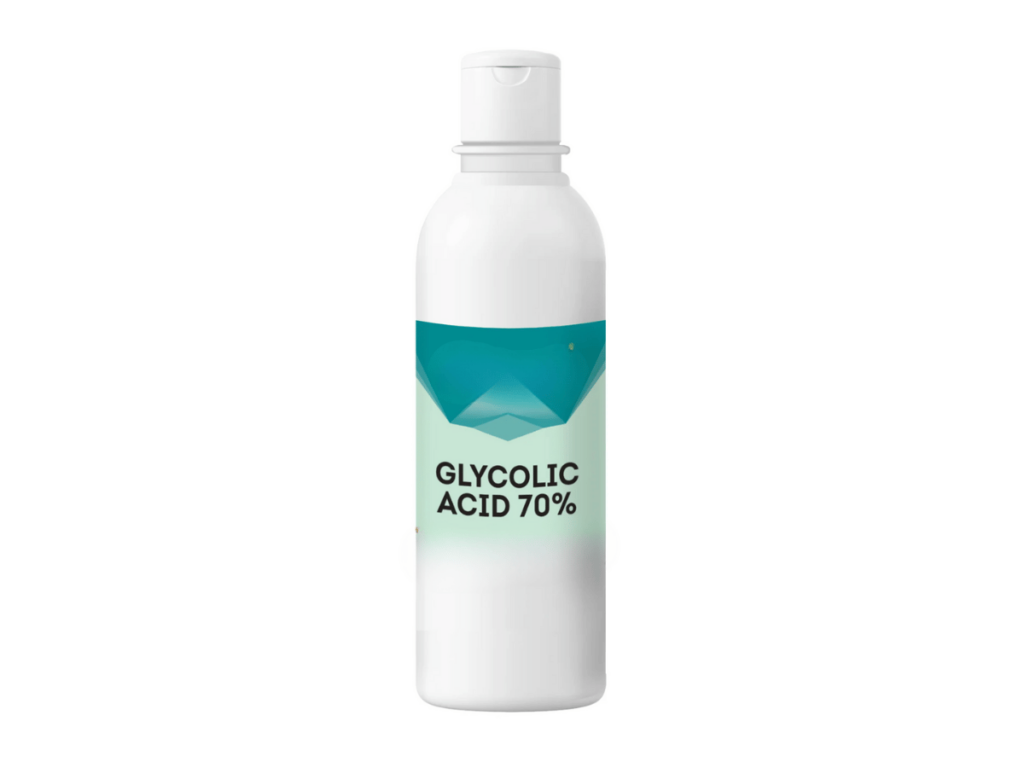
10. Lactic Acid
Lactic acid is derived from milk and well-regarded for its exfoliating and skin lightening capabilities. It offers a softer approach to improving skin texture and reducing pigmentation, making it suitable for sensitive skin.
Benefits of Lactic Acid
- Gentle Exfoliation: Lactic acid provides a mild exfoliation, effectively removing dead skin cells without causing excessive irritation. This results in a smoother, brighter complexion, making it ideal for sensitive skin types.
- Hydration Boost: Unlike other AHAs, lactic acid has a unique ability to increase skin hydration.It helps in retaining moisture, leading to a plumper, more hydrated skin appearance.
- Improves Skin Tone: Regular use of lactic acid helps in evening out the skin tone. For instance, the reduction of the appearance of age spots, sun spots, and minor hyperpigmentation, contributing to a more uniform complexion.
- Stimulates Collagen Production: Lactic acid also aids in stimulating collagen production in the skin. Increased collagen leads to enhanced skin firmness and elasticity, reducing the appearance of fine lines and wrinkles.
Formulation Tips
- Balancing Concentration and pH: The effectiveness of lactic acid depends on its concentration and the pH of the formulation. A lower concentration (around 5-10%) with a slightly higher pH than other AHAs is effective while being gentle on the skin.
- Sun Sensitivity Consideration: As with other AHAs, lactic acid can increase sun sensitivity. Incorporating sun protection recommendations or combining it with sunscreen ingredients is important, especially for daytime products.
- Combination with Nourishing Ingredients: Formulating lactic acid with moisturizing ingredients like ceramides or hyaluronic acid can enhance its hydrating benefits. This creates a balanced, hydrating exfoliant suitable for dry and sensitive skin types.

Dive Deeper Into Our Resources
Interested in discovering more? Gain instant access to our diverse range of products:
For some insightful reads, we’ve curated a list of recommended articles just for you:
- Essential Ingredients for Glowing Skin: A Comprehensive Guide
- Skincare Formulas: What You Need to Know
Still haven’t found what you’re looking for? Don’t hesitate to contact us. We’re available around the clock to assist you.
Conclusion
In this comprehensive guide, we’ve explored the top 10 safe skin lightening ingredients, each offering unique benefits for achieving a brighter complexion. These carefully selected ingredients ensure efficacy while prioritizing skin health, providing valuable insights for businesses looking to enhance their skincare line.
At TY Cosmetic, we take pride in our reputation as experts in Skincare Ingredients. If you’re aiming to enhance your brand with customized skincare products, we are ready to turn your vision into reality. Reach out to us to discover personalized skincare solutions designed specifically for you!
